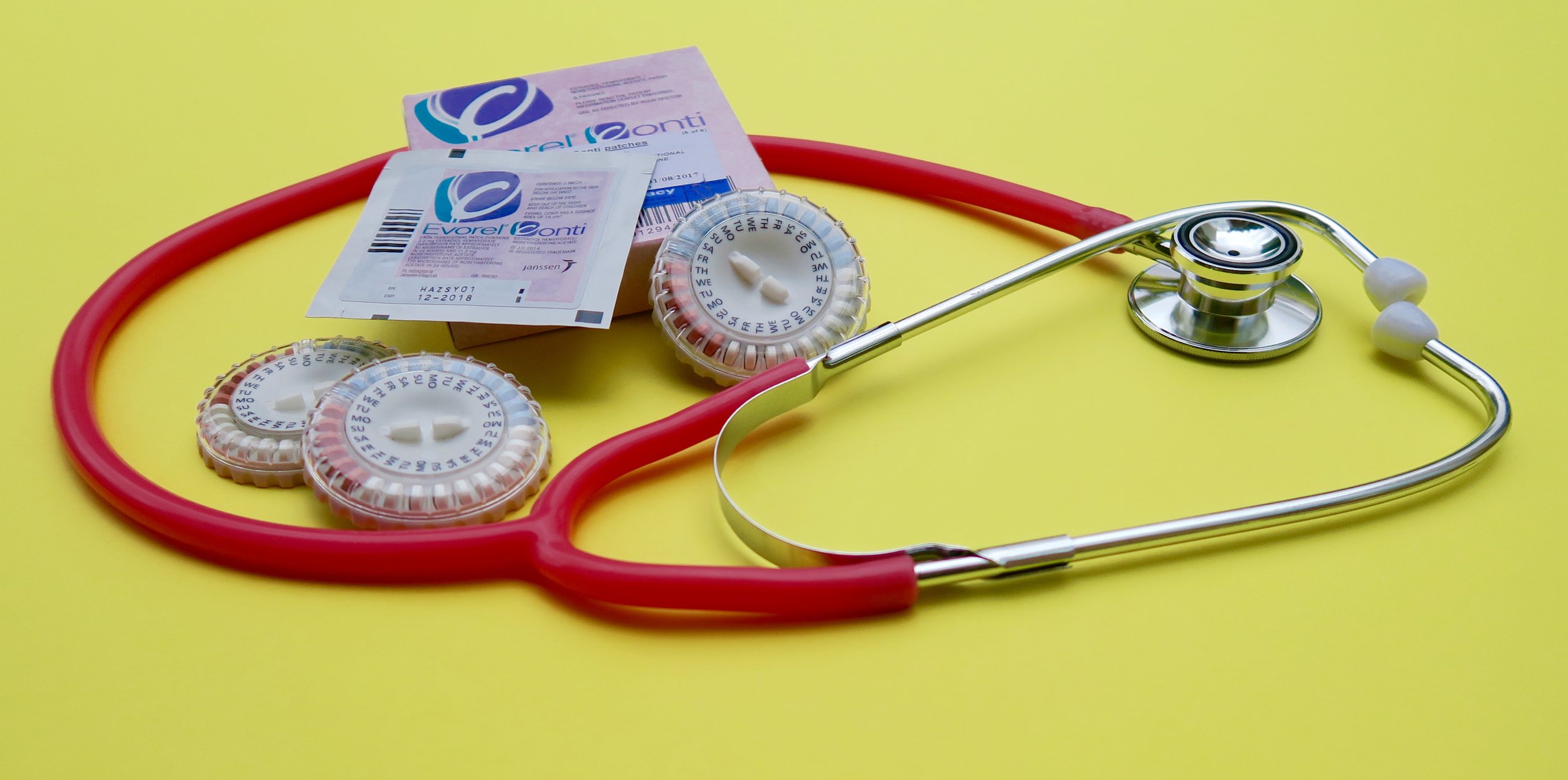Medical Menopause Treatments
There are different ways of arriving in menopause - however you get there, you’ll find a range of management routes.
Your options will depend on what stage of menopause you’re at, your personal health history and your health philosophy - do you prefer a medical or a natural approach to managing your health?
The unique experience and range of symptoms experienced means that there is no one size fits all treatment.
What medical help is there for menopause?
When menopause symptoms are impacting your day-to-day life it’s important you don’t just put up with them, this is the time to visit your doctor. There are very specific menopause guidelines that you should read about and your doctor should follow regarding diagnosis and management, these have been drawn up by the National Institute for Health and Care Excellence, better known as the NICE Guidelines.
Hormone Replacement Therapy, HRT, is now referred to as Menopausal Hormone Treatment (MHT), it is the recommended medical treatment to relieve many symptoms of menopause. HRT replaces those essential hormones, oestrogen and progesterone, that the ovaries no longer produce in sufficient quantities in menopause.
Combined HRT, oestrogen & progesterone is taken by those who still have a uterus, the progesterone protects the lining of the uterus. Those without a uterus, ie. have had a hysterectomy will take oestrogen only.
With over 50 formulations it can be taken:
Orally as a pill
Transdermally, through the skin as a patch, cream, gel or spray
Under the skin implant or topical pessary
As a ring or pessary inside the vagina
How to take HRT in perimenopause?
For perimenopausal women, cyclical or sequential HRT is recommended to be used:
Monthly, for women who have regular periods – oestrogen every day plus progesterone for the last 14 days of your menstrual cycle.
Every 3 months, for women who have irregular periods - you need to have a period within the 3 months.
Can you take HRT if you’re post-menopause?
Where it is safe to do so, a post-menopausal woman who hasn’t had a period for over a year, can take continuous combined HRT, ie. no break. Similarly, oestrogen-only HRT can be used without a break, post-menopause.
Is HRT safe?
Although HRT remains the most effective medical solution for the relief of menopausal symptoms, it isn’t entirely risk-free. And of course, it’s those risks that make it into the media. What is unquestionable is that we all have our own individual level of risk depending on our health & our family history - this will impact on how suitable HRT will be for any of us. Please do seek professional, medical advice on what will be suitable for you.
What’s the cost of HRT on NHS UK?
Currently, a prescription for HRT costs £9.35 – or £18.70 if a woman needs two types of hormones. This is often only provided on a short-term basis, meaning that the cost has to be paid regularly, once a month or every three months.
In October 2021 – under the new government proposal, HRT prescriptions will be made available on an annual basis, this could mean paying one charge for up to a 12-month supply of HRT, saving up to £205 per year as a result. Pharmacy Minister Maria Caulfield recently confirmed that the move would not be enacted until April 2023.
Oestrogen for vaginal dryness?
Vaginal atrophy in menopause causes dryness, itching and irritation, making sex painful and impacting on the overall quality of life. Symptoms can persist in the long term. Vaginal oestrogen may help to relieve symptoms. Available on prescription it has very loose doses of oestrogen and can be used alongside systemic HRT.
Pharmacists in the UK can now dispense vaginal HRT (Gina 10mg), without a prescription, to women over 50 who haven’t had a period for one year.
You can ask your doctor to prescribe a water-based lubricant to relieve vaginal dryness.
Cognitive behavioural therapy for menopause
CBT changes the connections between the way we think, the way we behave and the way we feel emotionally and physically. In terms of menopause if we recognise something like a hot flush is coming on we change our response, using CBT techniques. NICE recommend it as a useful tool for managing hot flushes, night sweats anxiety and depressed mood, an alternative for those who can’t or don’t want to take HRT.
In the UK you can access talking therapies for free on the NHS. If you’re registered with a GP you can refer yourself directly to an NHS talking therapies service without a referral from a GP, or a GP can refer you.
Whatever you’re experiencing, whatever your symptoms, take a look around our site to find out what may help you!
Non-hormonal treatment for hot flushes in UK
A new non-hormonal treatment that targets hot flushes and night sweats is now approved for use in the UK. Veoza operates on the brain's temperature-control zone to alleviate hot flushes, the game-changing drug shows results within one to two days, opposed to the three months it can take for HRT to improve hot flush symptoms. Currently it is only available privately.












